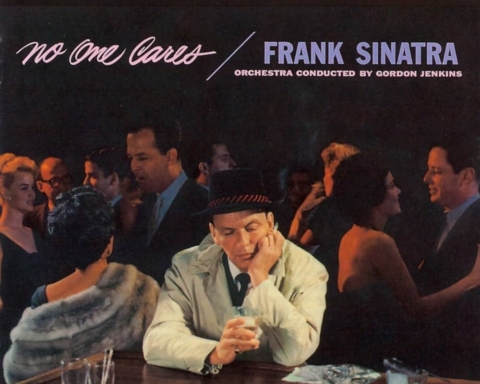Last week, my dear friend Kaylee wrote a thoughtful piece about why women should be—at the very least—“allowed” to become deacons.
That piece was still fresh in my mind at the listening session I attended Monday night, when it was suggested that if women were “allowed” to be priests, the church would not be dealing with the ongoing crises of abuse and misconduct. I was more than pleased to hear a response that we should not “allow” women to be clergy as an antidote to male misconduct, but rather because they deserve the opportunity as much as any man does.
“Allow” is a word I find objectionable. “Opportunity,” on the other hand, is a word full of promise.
Opportunity is in essence a collegiate word, as students are told to take every opportunity presented to them. What’s more important is empowering them to create opportunities for themselves. One opportunity myself and others have spent significant time manifesting on campus is a female discernment group.
St. Bonaventure currently offers male students a chance to live in a community and discern religious life, but has no such program for females. Discernment is defined as perception in the absence of judgment with a view to obtaining spiritual direction and understanding. In researching the process, I have discovered that the disparity between resources provided for men compared to for women is largely caused by the unnecessary gendering of faith-based questions.
If you search “discernment,” you’ll find an overwhelming number of resources titled “Should I become a Priest,” while almost none in the initial results discuss female vocations. Almost all resources present female discernment as this rare or contrary process to the norms of male discernment.
One video provided by the United Council of Catholic Bishops states one of the most important questions a man must ask himself during discernment is, “When you think about religious life or priesthood, does that increase in you love, joy, peace, gentleness, et cetera?”
If we remove the word “priesthood,” because it immediately conjures the antiquated notion of a distinctly male vocation, what is left is not a gendered question.
I think that before we take up arms about the notion of women being ordained, we must first examine why our process of discussing and growing in faith has become so divisive.
We must regard women considering religious life as commonplace as men.





